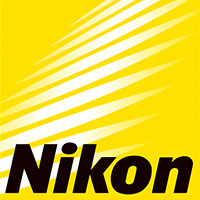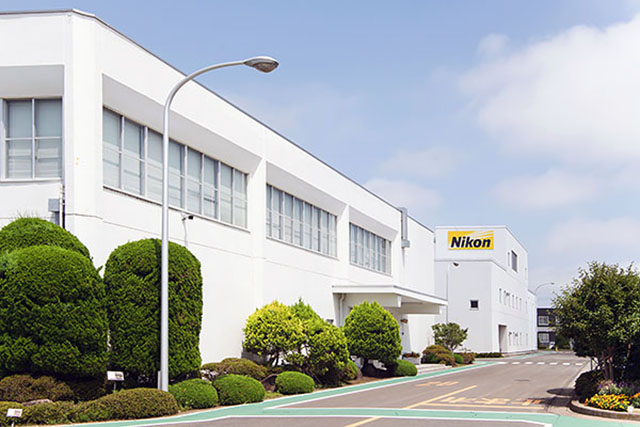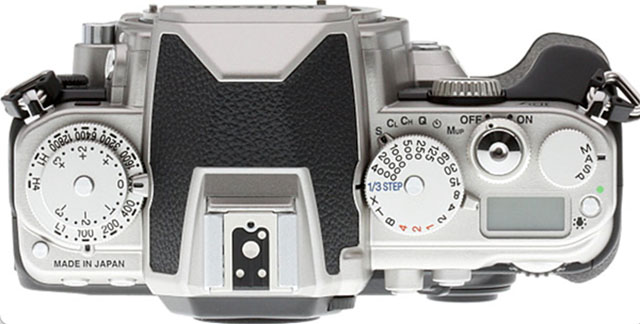Nikon to close a pair of lens factories in Japan among ongoing consolidation, what does it mean?
posted Thursday, February 4, 2021 at 2:30 PM EST

According to a report (translated version) by Nikkei, Nikon will suspend operations at two of its Japanese lens factories by the end of March as part of an overall consolidation plan.
The factories in question are Nikon's Nagai Plant in Nagai City, Yamagata Prefecture, and the Aizu Plant in Tadami Town, Fukushima Prefecture. Both factories manufacture lenses for interchangeable lens cameras. Moving forward, Nikkei reports that domestic production will take place at Nikon's factory in Otawari City, Tochigi Prefecture. Nikkei reports that Nikon is adjusting its production system due to market shrinkage.
As noted in PetaPixel's coverage, a Nikon spokesperson told Nikkei that the company would ask 162 employees at the two closing factories to move to Otawara City. If employees are unable or unwilling to relocate, Nikon will assist them in finding new employment. Nikon went on to say that it will sell the Nagai factory site, and it will return the Aizu factory site to the local government in Tadami Town.

This latest Nikon news comes on the heels of a report by Asahi in December 2020 stating that Nikon will end camera production in Japan and move its camera manufacturing efforts to Thailand by the end of this year. Nikon has produced camera bodies domestically for more than 70 years and has produced cameras at its Sendai factory in Natori City, Miyagi Prefecture, since 1971. Both Z6 and Z7 camera production transitioned out of Sendai last September, and the Nikon D6 production will move to Thailand by the end of this year. Sendai Nikon Corp. will continue to manage overseas production and play an important role in Nikon's camera production, per Nikon.
If you want to learn more about Nikon's Sendai factory, IR founder Dave Etchells toured the facility in 2017. At the time, Nikon was beginning production of the mirrorless Z7 camera while continuing to make the D5, Df, and D850 DSLR cameras.

Moving production of high-end cameras, and now, it appears, of additional lenses outside of Japan is seen as negative in some circles. Some photographers care significantly about where a particular product is made. I understand that cameras and lenses are costly, so it makes sense to want to spend your money on products you perceive to be high quality. I think quality and reliability goes much further than borders, however.
To be fair, over the years, Nikon has contributed to creating a level of prestige around products 'Made in Japan.' The Nikon Df has 'Made in Japan' emblazoned on its top plate, and Nikon has used 'Made in Japan' as a marketing tool for various cameras and lenses, much like a company such as Leica continues to do with some of its products made in Germany.

I don't think a lens made in China or Thailand should carry negative weight, however. Nikon has been manufacturing many of its Z lenses in Thailand since the Z system launched, including the recent Nikkor Z 70-200mm f/2.8 S VR lens. I Field Tested that lens, and it's an excellent professional zoom lens. The Nikon Z 14-24mm f/2.8 S lens, also made in Thailand, is similarly fantastic. Every Z lens I've used has been good, and there's no reason to suspect that gear made outside of Japan is worse or less reliable.
We know that Nikon is in some financial trouble. The camera market is shifting, and Nikon was arguably a bit late to the party when transitioning to mirrorless cameras. For Nikon's long-term financial health, costs must be reduced.

Nikon hopes that by consolidating its domestic lens production to a single factory and moving additional production to Thailand, it can reduce its overhead. It certainly stands to reason. Nikon believes these moves, among others, will reduce operating costs by nearly 60% for the fiscal year ending in March 2022.
Given the market conditions, ongoing pandemic, and a myriad of other factors, a company must be more fluid and flexible than ever if it's to ensure long-term success. Nikon has been around for more than 100 years, and it seems to be making the difficult decisions required for the company to be around for many more years to come. Expect fewer new products to be 'Made in Japan,' but don't expect the quality to betray what the Nikon brand has meant to photographers for generations.
Recommended further reading on Imaging Resource: 'Glass for Geeks: An in-depth tour of Nikon's Hikari Glass Factory' and 'Pixels for Geeks: A peek inside Nikon's super-secret sensor design lab'
(Via Nikon Rumors)